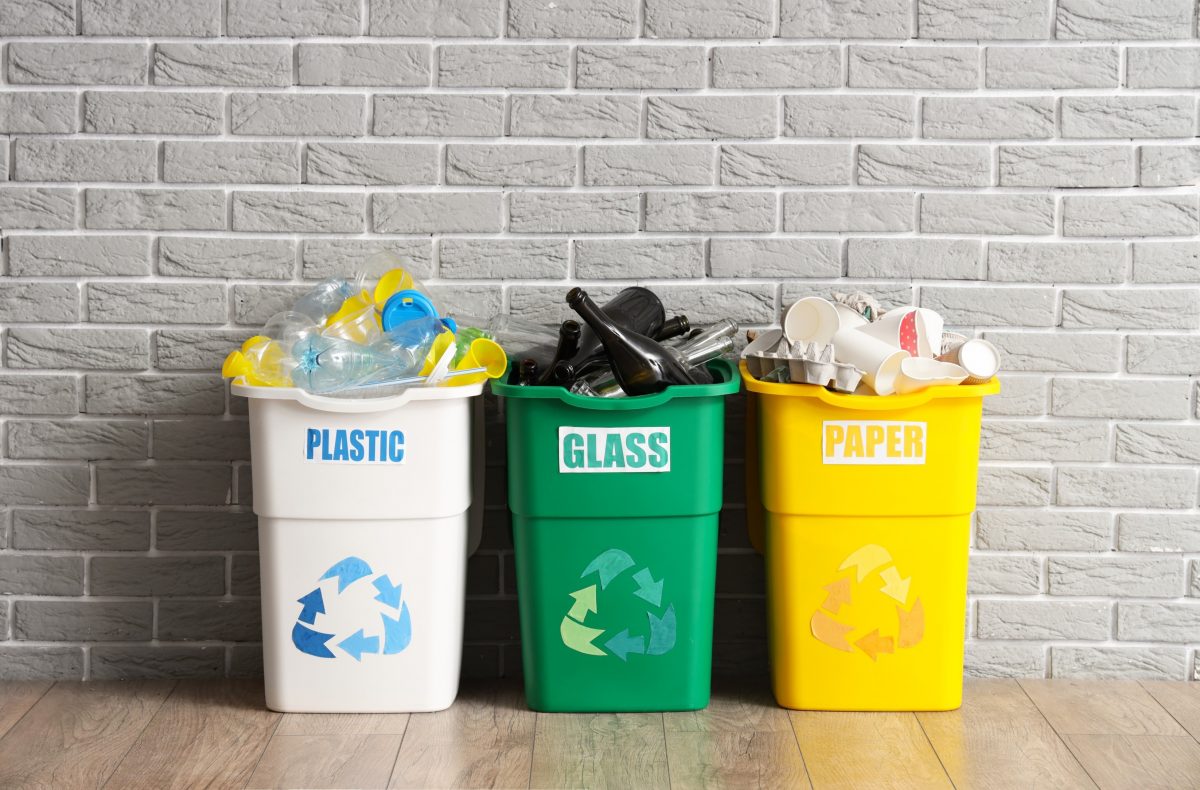If you live in Hyderabad, you’ve likely seen trash bags piled up on pavements or plastic bottles strewn near drain edges after a storm. That’s not just annoying, it’s a civic and environmental headache. Poor waste management affects flooding, health, groundwater, and compliance with municipal norms.
This guide walks you through GHMC enforcement, Telangana rules, and practical steps RWAs in Hyderabad can take to manage solid waste responsibly and sustainably.
Why solid waste management matters more than you think?
- Hyderabad produces around 4,500 tonnes of municipal solid waste each day, most of which ends up in the landfill at Jawaharnagar. That landfill now sees up to 8,600 MT daily, with nearly 21% plastic in the mix.
- The National Green Tribunal penalized Telangana ₹3,825 crore for improper handling of solid and liquid waste statewide. GHMC was especially cited for lagging in scientific and environmentally safe waste processing.
- At the community level, unsegregated waste in RWAs, wet, dry, and recyclable, goes straight to GVPs (Garbage Vulnerable Points), leading to poor cleanliness and health issues.
Good SWM in your society isn’t just compliance, it’s civic pride and local resilience.
Telangana & GHMC rules you must follow
Telangana’s SWM rules & state-level obligations
Under the Solid Waste Management Rules, 2016 and the Telangana State Policy, all gated societies and RWAs above 5,000 sq m must:
- Segregate waste at source into wet (biodegradable), dry (recyclable), and hazardous categories
- Process wet waste onsite via composting or bio-methanation
- Hand over recyclables only to authorised collectors or recyclers, not random trash handlers
HGMC and Telangana Pollution Control Board (TSPCB) monitor compliance under these rules.
GHMC’s role in enforcement, penalties & innovations
- GHMC has enforced door-to-door collection, aiming for 100% coverage across households, commercial and slum areas. GVPs are actively targeted.
- Bulk waste generators – hotels, schools, function halls producing over 100 kg/day must segregate waste at source. GHMC collects a user charge (₹2.90/kg) or ₹1.16/kg if they bring it themselves to the Jawaharnagar facility. Severe fines follow non-compliance.
- GHMC is deploying wheelbarrows, canvas bins, smart bins, tricycles, and SAT autos to manage local garbage and reduce GVPs.
- The city rolled out 100-day action plans and sanitation committees in bastis (slums), involving monthly participation, rallies, and household tagging to ensure proper waste pickup.
- Despite these efforts, compliance remains uneven. Reports show wide inconsistency and low adoption of compost units and segregation in gated communities.
How can you build a solid waste management system in your society
Here’s a step-by-step plan for an RWA in Hyderabad that wants to do things right:
1. Segment your waste at source
- Provide residents with three colour-coded bins (green for wet/biodegradable, blue for dry recyclables, black for residual/hazardous waste). GHMC supports this system and has distributed over 44 lakh such bins.
- Ensure segregation every day and keep bins accessible and clean.
2. Compost or treat wet waste onsite
- Install a composting unit or vermi-compost pit within society premises, mandatory for aggregations >5,000 sq m. Many societies avoid it, but it drastically reduces waste volume and odour.
- Investigate bio-methanation if space allows—some societies share a neighborhood solution.
3. Engage with authorized processing routes
- Signed up with HIMSW/Re Collect (GHMC’s partner) for municipal pickup. They charge ~₹2.9/kg or less if you drop waste at Jawaharnagar.
- Give recyclables only to authorised agents, and never mix them in plastic bags with wet waste.
4. Run hygiene & awareness programs regularly
- Remind residents through WhatsApp or society notices to rinse and flatten plastic bottles, clean food containers before disposing, and avoid dumping leftover oil.
- Hold sessions or contests (Swasthya week, cleanliness drive) to foster ownership.
5. Track & report
- Maintain a waste log, noting weekly wet and dry quantities, compost volumes collected, recyclables diverted, and amounts paid for disposal.
- Use dashboards or simple records so you can show GHMC or activist groups you’re compliant and active.
6. Prepare for GHMC inspections
- GHMC officers may inspect GVP elimination, compost operation, segmentation, and bin usage. Ensure IDs of staff or drivers are with them if required.
- Residential societies rarely get penalised, but commercial Bulk Waste Generators often face penalties if caught non-compliant.
Is your society doing this?
- Segregates waste at source into wet, dry, and residual bins
- Operates a compost or waste treatment setup onsite
- Uses authorised recyclers or GHMC Re Collect for waste disposal
- Maintains a waste-handling log for tracking and transparency
- Conducts hygiene awareness drives and resolves GVPs
- Remains inspection-ready for GHMC audits
- Keeps records of bulk waste charges and user fees (if applicable)
Managing waste properly isn’t glamorous, but it reflects the quality of your society. By following Telangana and GHMC rules, staying committed to segregation, and treating waste responsibly, your RWA can set an example, improving resident health, civic reputation, and city sustainability.
Hyderabad might look lush and monsoon‑friendly from above, but underground, things tell a different story. The water table is sinking year by year thanks to sprawling concrete and unchecked extraction. Even with decent rainfall, most of it washes away unused, making cities like ours thirsty longer. For RWAs, rainwater harvesting (RWH) is not just green, it’s vital for compliance, savings, and future water security.
Here’s how you can truly understand Telangana state rules and GHMC’s enforcement arm to put a working RWH system in place.


